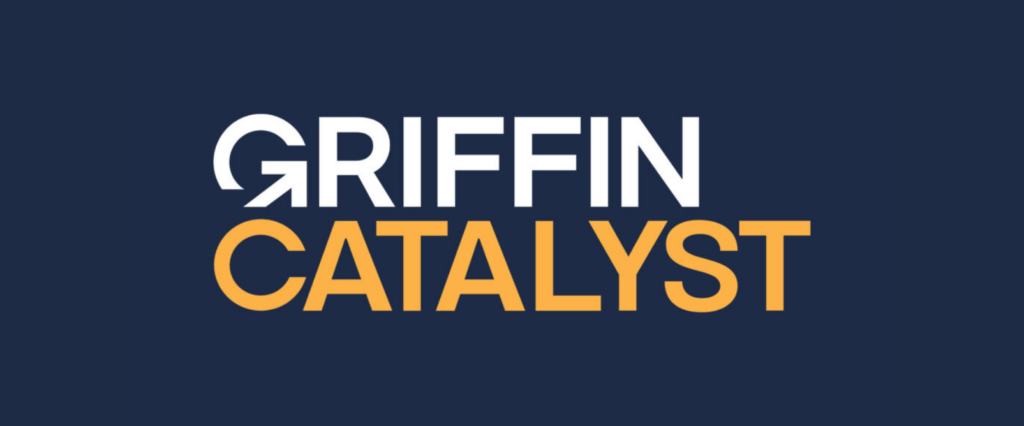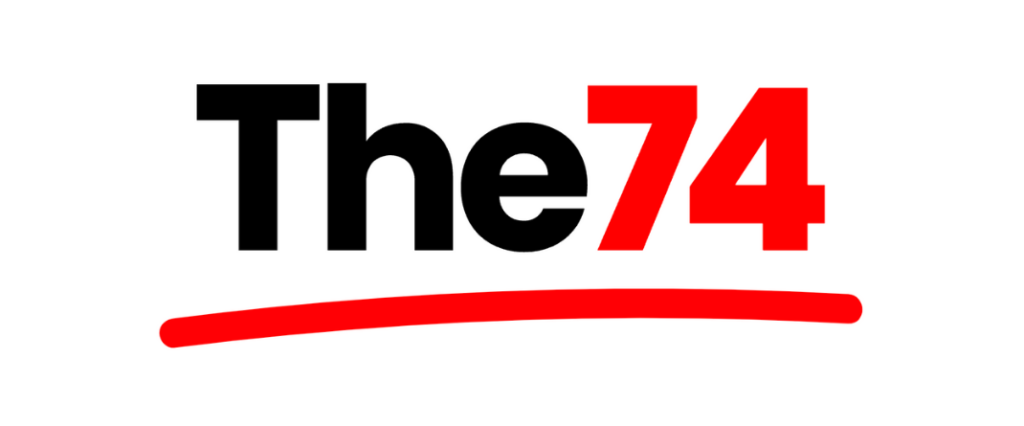Policy and Program Evaluation
We work with government agencies and community-based partners to rigorously evaluate programs that aim to ensure all students have the opportunity for future success.
Across every project or partner, we work to generate high-quality research about the factors driving education trends and identify evidence-based interventions to support students. Access to good and unbiased data is the common denominator for strong evaluation, which is why we pursue data-sharing agreements with public agencies and seek to make our own data publicly available whenever possible. We focus on policies and programs that are supporting the communities and individuals who face the most significant barriers to success.
From leading randomized controlled trials – the gold standard in research – to evaluating historical and real-time data, the Education Lab uses a variety of methods to rigorously evaluate policies and interventions.
Latest Updates
A Promising Start for Personalized Learning in Miami-Dade
Griffin Catalyst highlights its three-year gift to the Education Lab to bring an innovative, high-dosage, math tutoring initiative to middle schools in Miami-Dade County to support and accelerate student learning in the wake of the COVID-19 pandemic. Initial results from the program are promising, suggesting that this approach can help tackle learning loss and enable students to catch up to grade level.

Why tutoring is a logistics problem worth solving
The National Student Support Accelerator’s (NSSA) Susanna Loeb and the Education Lab’s Monica Bhatt highlight the ways districts can stay the course on using high-dosage tutoring as a research-backed lever for strengthening teaching and learning.

Months After Deep Cuts, Education Researchers See Reason for Cautious Optimism
In a recent piece from The 74 Media’s Greg Toppo, Education Lab Senior Research Director Monica Bhatt discusses why continued investment in education R&D matters: To drive better outcomes for students and to strengthen America’s global competitiveness.

